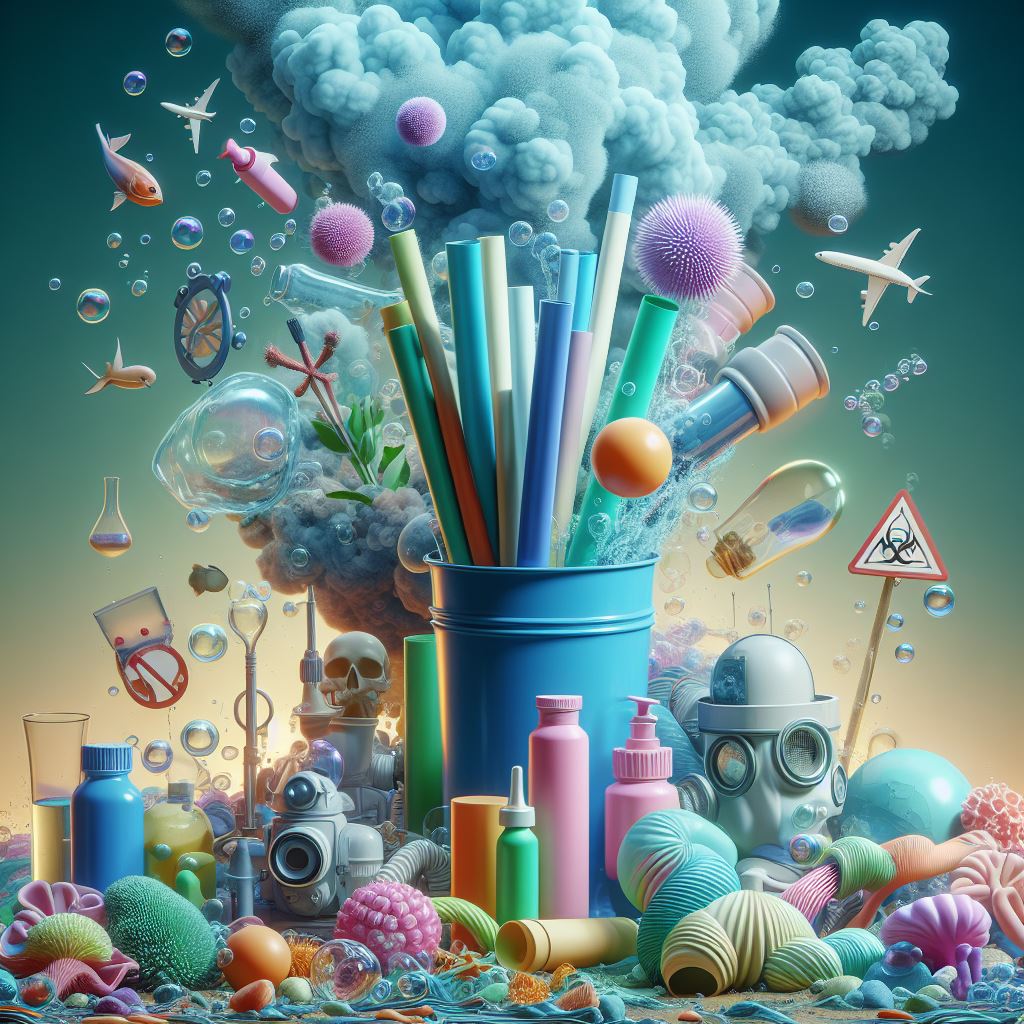Polyvinyl chloride, all the more normally known as PVC, is a universal plastic with many applications in our day to day routines. From lines and building materials to dress and clinical gadgets, PVC’s flexibility and reasonableness have made it a prevailing power in the realm of plastics. Notwithstanding, PVC has additionally been covered in debate, with worries in regards to its wellbeing and potential poisonousness waiting for quite a long time.
This blog entry means to isolate reality from fiction by plunging further into the science behind PVC and tending to the absolute most normal fantasies encompassing its utilization.
PVC is inherently toxic
This misconception often stems from confusion surrounding the manufacturing process of PVC. During production, vinyl chloride monomer (VCM), a potentially harmful gas, is used. However, strict regulations and advancements in technology have drastically minimized VCM emissions in modern PVC production facilities.
Once the PVC resin is formed, the final product is considered inert and stable. It does not leach harmful chemicals under normal use conditions. Independent studies conducted by reputable organizations like the American Council for Toxicology (ACT) support this, concluding that PVC products don’t pose a significant health risk under normal use conditions.
PVC releases harmful chemicals when burned.
Ill-advised cremation of any plastic material, including PVC, can deliver unsafe poisons. Be that as it may, present day squander the executives rehearses focus on mindful removal techniques. When discarded accurately in a landfill or through energy-from-squander offices with legitimate outflow controls, PVC doesn’t represent a huge wellbeing risk.
The intrinsic fire resistant properties of PVC go with it a famous decision for electrical applications. At the point when the fire source is eliminated, PVC self-stifles, possibly in any event, lessening the spread of fire. This benefit exists in light of the fact that not at all like different materials, PVC won’t liquefy and trickle, which can fundamentally build the fire peril.
All PVC products are created equal: PVC Polyvinyl Chloride

There are various grades and details of PVC, some intended for explicit applications. For instance, PVC pipes utilized for drinking water go through thorough testing and fulfill severe security guidelines to guarantee they don’t filter hurtful synthetic compounds into the water supply.
It’s vital to take note of that some more seasoned PVC items could contain added substances that raise concerns. In any case, guidelines and assembling rehearses have advanced fundamentally throughout the long term, making present day PVC items for the most part ok for their planned purposes. Search for makers who stick to laid out wellbeing guidelines and affirmations for PVC items.
Making Informed Choices: Addressing Potential Concerns
Properly manufactured and used PVC has a well-established safety record, but some valid points still need consideration.
- Recycling: PVC recycling options are not as widely available as those for other plastics. Look for responsible manufacturers who prioritize sustainable practices and explore alternative disposal methods like energy-from-waste facilities, when recycling isn’t an option.
- Indoor Air Quality: Off-gassing, the release of volatile organic compounds (VOCs) from some building materials, can be a concern. However, modern PVC formulations minimize VOC emissions. Proper ventilation during and after installation, especially for new construction or renovations, helps further reduce any potential issues.
The Bottom Line: PVC Polyvinyl Chloride
PVC, when manufactured and used responsibly, offers a safe and versatile material for countless applications. By understanding the science behind PVC and dispelling common myths. We can make informed choices regarding its use and prioritize sustainable practices throughout its lifecycle. Look for manufacturers committed to responsible production methods, and explore recycling options whenever possible.





